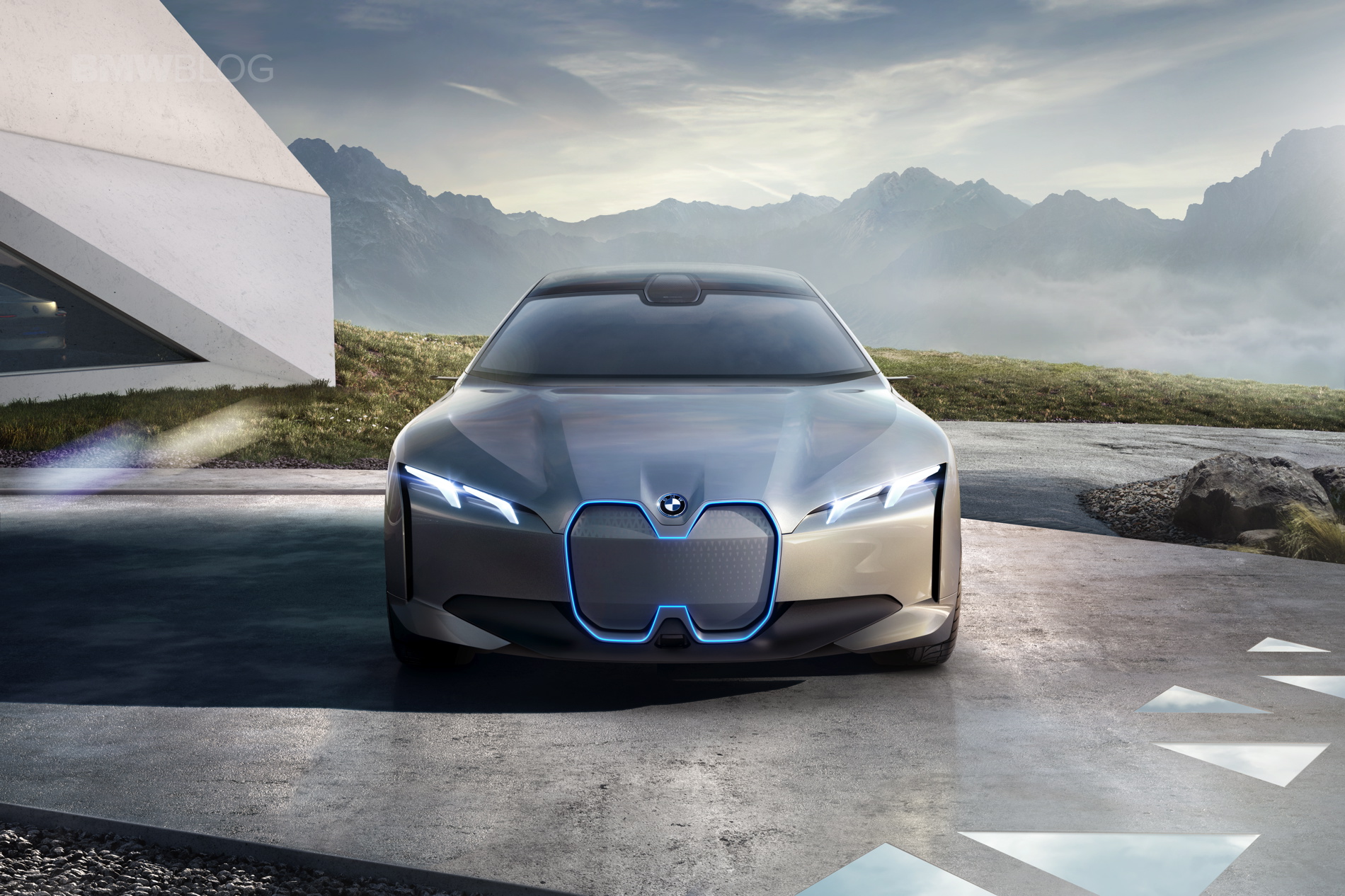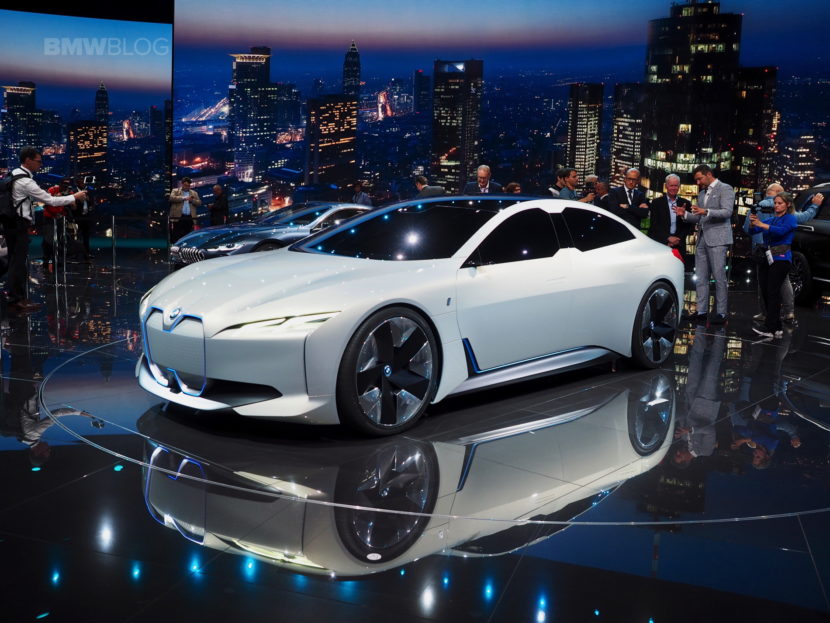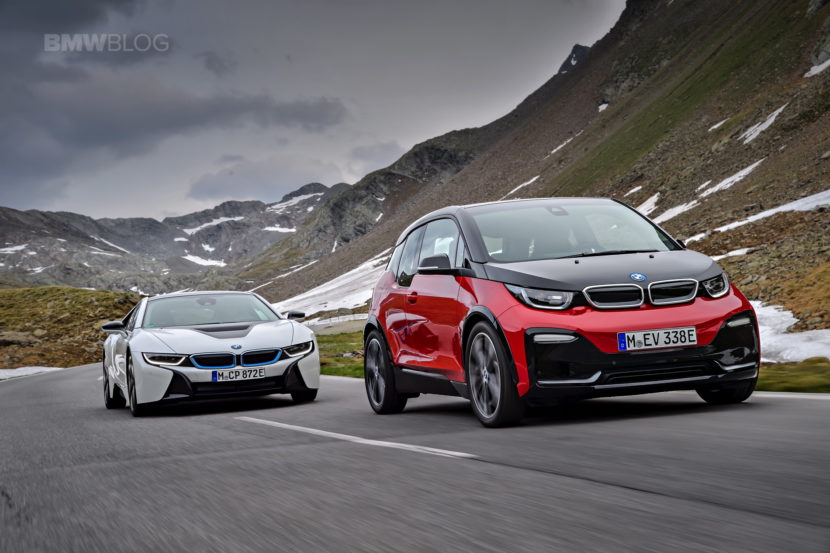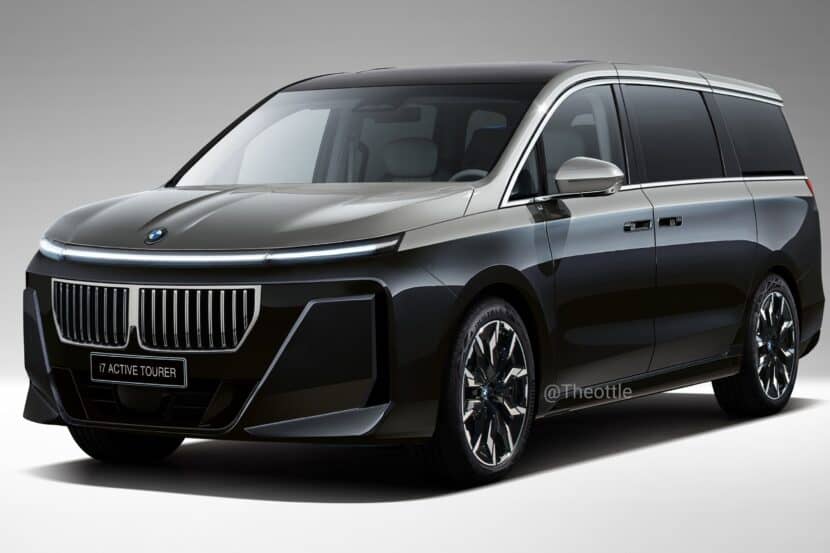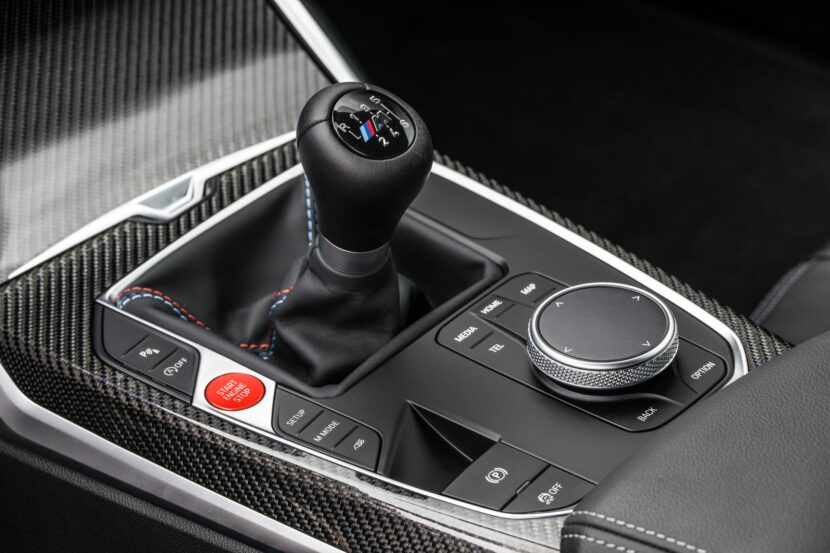BMW’s commitment to electro-mobility has never been more obvious than the recent show of force put out at the Frankfurt Motor Show. The company not only unveiled the updated i3 Facelift and the all-new i3S, but it also displayed two concepts both powered by an electric motor. Firstly, we had the BMW Concept X7 iPerformance, a plug-in hybrid which makes use of the electric power to travel with zero emissions, when needed, and secondly, the i sub-division of BMW gave us the futuristic Vision i Dynamics, a preview of a four-dour Gran Coupe out in 2021. The MINI brand also delivered their own vision of electric cars, in the form of MINI Electric Concept.
In an interview with Driving.ca, BMW CEO Harald Krueger emphasized once again the company’s electric future. “Our top priority is electric mobility,” Krüger said, adding that the company will deliver 100,000 vehicles with some form of electric powertrain to global customers this year. “Not many companies can achieve that. We can react quickly to demands and segments, and the flexibility of our architecture for front- and rear-wheel drive can deliver into several sections.”
Krueger also talked about the production of electric motors, which is handled in-house by the Bavarians.
“The (vehicle) has to be functional, and the company has to be a cost leader in new technologies. It’s a challenge, but we have the biggest in-house for electric vehicles.” Krüger said BMW makes its own electric motors, while most others source theirs from suppliers; it also assembles its own batteries, buying only the cells.
Charging standards and inadequate charing infrastructure has been a hot subject in the electric world in the last few years, and both are seen by many as obstacles in the quicker adoption of EVs.
“You need a knowledge network to develop a charging standard,” he said. “Companies cannot afford three or four standards, and customers need to be able to use every available charging station with standardized switches.”
There are also degrees of electrification, and Krueger is open to almost everything. Some automakers are bypassing plug-in hybrid vehicles (PHEVs), which run for a short period on electricity only after they’re plugged in, and revert to regular hybrid operation when the charge runs out.
They’re pricier than conventional cars, but Krüger thinks they’ll stick around. “If the infrastructure (for public recharging) isn’t there, this is the proper choice,” he said. “If you’re living in Canada and traveling long distances every day, you’re depending on the engine because you might not have the electricity available. And in future, if cities have a ban (on gasoline vehicles downtown), you can drive to the city border on gasoline and then enter on purely electric. The business is changing and there are so many transformations, and it’s exciting to work on the sustainability of the future.”
[Source: Driving.ca]


